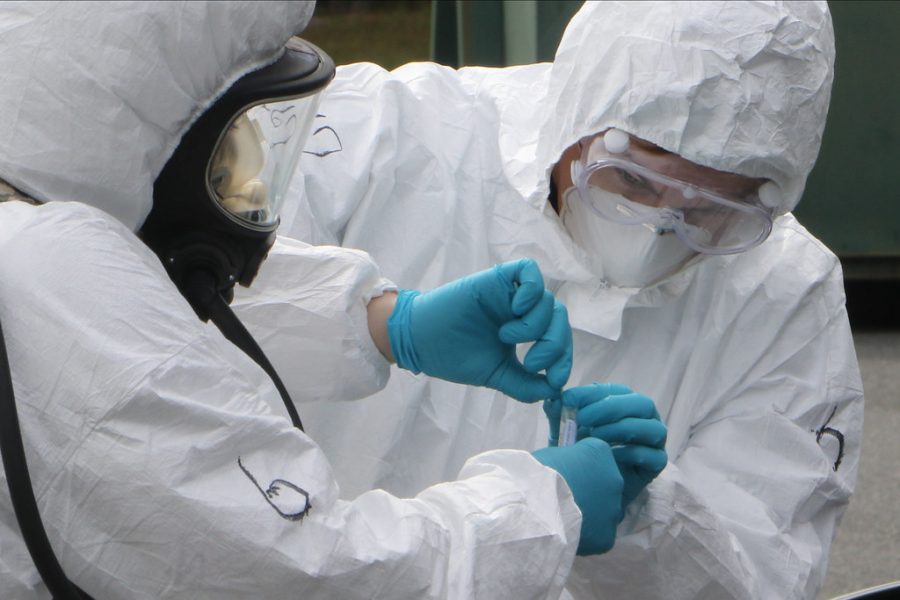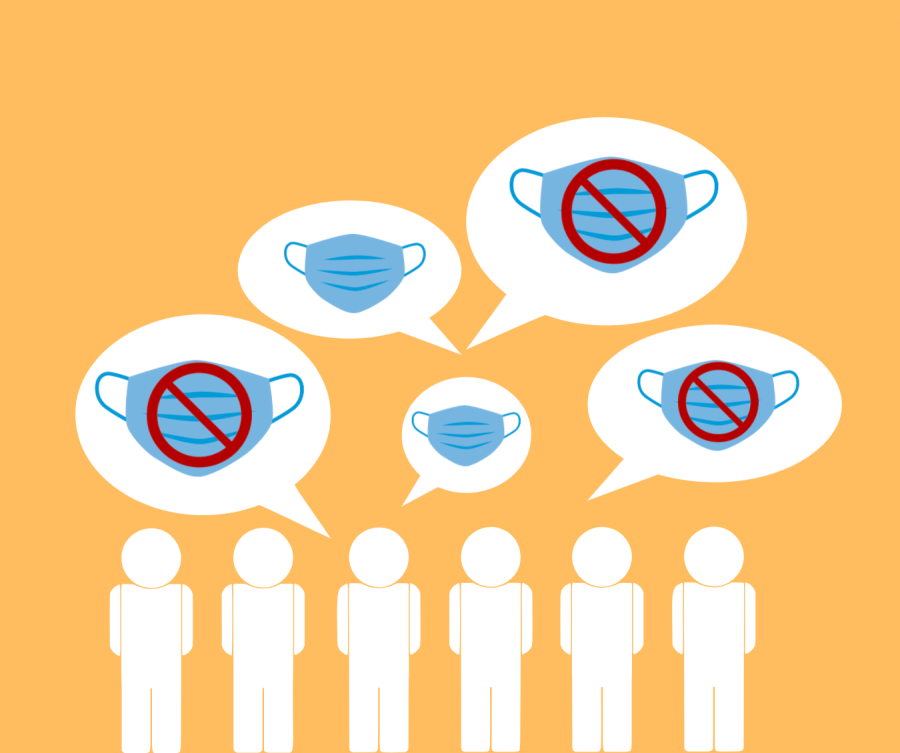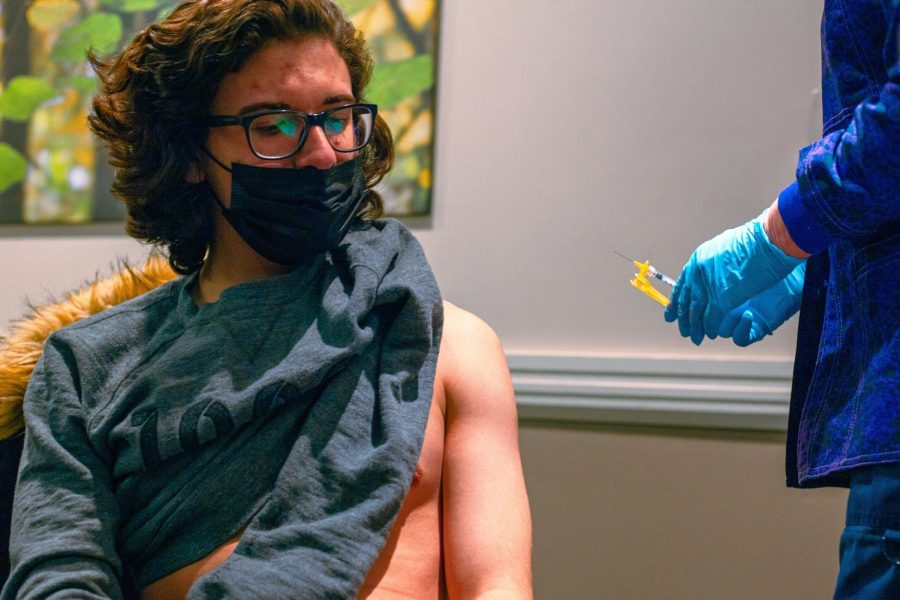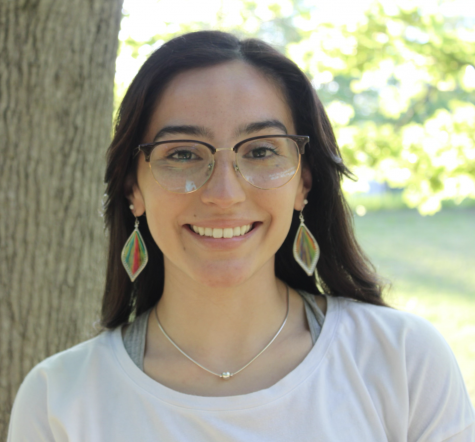The World Health Organization (WHO) has announced that lower and middle income countries will have more access to COVID-19 rapid testing.
There will be 120 million tests provided among various countries within the next six months. In order to fight the novel coronavirus, newer techniques and tools are being developed to help those that are affected by the virus, according to WHO.
The executive director of the Global Fund, has compared these rapid antigen tests to polymerase chain reaction (PCR) tests.
PCR tests are the most effective test when determining if a person has contracted COVID-19., according to WHO.
They require special instruments, supplies and professional expertise to be administered correctly, and since many countries do not have access to these resources, these new rapid tests are intended to be much more beneficial, according to CNN.
The results are expected within 15-30 minutes for rapid testing, rather than having to wait days. According to WHO, this will expand testing in areas that do not have the proper tools to administer enough PCR tests.
“High-quality rapid tests show us where the virus is hiding, which is key to quickly tracing and isolating contacts and breaking the chains of transmission,” Tedros Adhanom Ghebbreyesus, WHO director-general, said Monday.
The European Commission, the French government and the Bill and Melinda Gates Foundation have all contributed to the testing campaign which is a part of a global initiative by WHO, discussing their response to COVID, according to Eco Watch.
According to CNN, the producers and contributors to this campaign have agreed that the maximum price for testing kits will be $5 per unit for the next six months.
Abbott and SD Biosensor, companies that provide medical devices, were the company developers for these tests and have described them as reliable, portable and easy to administer. They will also be cheaper and faster, allowing test pacing to increase at a more consistent rate, according to WHO.
Although lower and middle income countries will be receiving the rapid tests, they will only be receiving 20% of the tests produced, according to Eco Watch.
The remaining 80%
will be made available for nations who are able to help support the testing financially. Germany, for example, has ordered 20 million test kits.
Africa and Unitaid CDC will help distribute tests to 20 different countries in Africa this month, according to WHO.
Currently, there are three different types of COVID-19 tests: rapid antigen tests, polymerase chain reaction tests (PCR) and serology tests (ELISA), according to Eco Watch.
Rapid antigen tests are not yet available at pharmacies, but they resemble pregnancy tests. They can only be administered by trained medical staff with the use of a nasal or throat swab. Results approximately occur within 15 minutes, according to Eco Watch.
PCR tests are reliable but are only produced in specialized labs while serology testing quick kits are only used in scientific labs but have quick kits available, according to Eco Watch.
“These tests are a critical tool for governments as they look to reopen economies and ultimately save both lives and livelihoods,” said Tedros.














